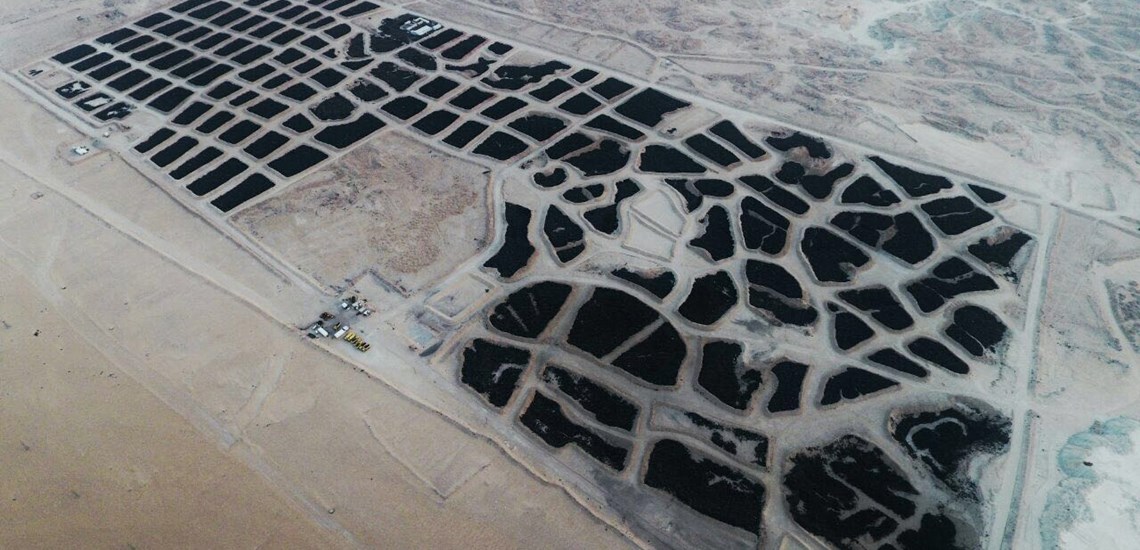Despite the development of recycling plants in Kuwait, tyre dumping remains an issue, according to Chairperson of the Environmental Affairs Committee in the Municipal Council Alia Al-Farsi
Kuwait has often been held up as an example of how failure to recycle tyres can lead to large waste tyre stockpiles. After a series of fires and a great deal of unwanted media attention, Kuwait made moves to deal with its waste tyre mountain. An estimated 52 million tyres were removed from a site at Saad Al- Abdullah in 2021 to a recycling estate near Salmi.
Now, used tyres are still dumped randomly in landfills and desert areas – a serious issue that caused successive fire incidents in used tyre collection sites, not to mention their harmful effect on the environment, says Chairperson of the Environmental Affairs Committee in the Municipal Council Alia Al-Farsi.
Al-Farsi made the statement after a first workshop organised by the committee entitled, “Impact of Tyre Landfills and Dumping Sites on Public Health and Environmental Safety: The Current Situation and Sustainable Solutions.”
The workshop discussed the process of randomly disposing used tyres in Salmi and fire outbreak from time to time, causing fumes and materials harmful to health and the environment. Kuwait Municipality previously carried out the process of transporting these tyres; noting that countries around the world, including Kuwait, face big challenges in protecting the environment and reducing pollution through recycling and treating waste. Al-Farsi affirmed that the workshop focused on finding sustainable solutions, the most important of which are ways to achieve zero waste and the use of soft tyre waste in the asphalt industry. She said recycled materials from used tyres were used in the maintenance of a street in Riggae. In addition, recycled waste is utilised in many industries, such as fuel for factory furnaces and flooring for sports clubs, stadiums and bicycle paths.
Al-Farsi explained that the International Basel Convention on Strategies for Dealing with Hazardous Waste established a comprehensive table of the benefits and drawbacks of environmentally friendly waste disposal methods. She indicated that investment in the field of waste management and treatment is in line with the strategic objectives of the State of Kuwait in the field of improving the quality of life and sustaining and preserving resources. She concluded by emphasising that the workshop is a continuation of the efforts initiated by the current Municipal Council to address the problem of municipal waste management and public hygiene, and the role of the Environmental Affairs Committee in protecting the environment. On the other hand, council member Farah Al-Roumi said everyone is aware of the danger of accumulating car tyres and assembling them in landfills in a way that does not comply with environmental, security and safety standards. She warned this is a threat to the environment and public health, as it is a source of pollution and a waste of natural resources.
So, three years after the Saad Al- Abdullah tyre dump was removed, Kuwait still has challenges with tyre disposal. This begs the question about why India is importing end of life tyres from more remote locations such as the UK and increasingly, the USA?




















